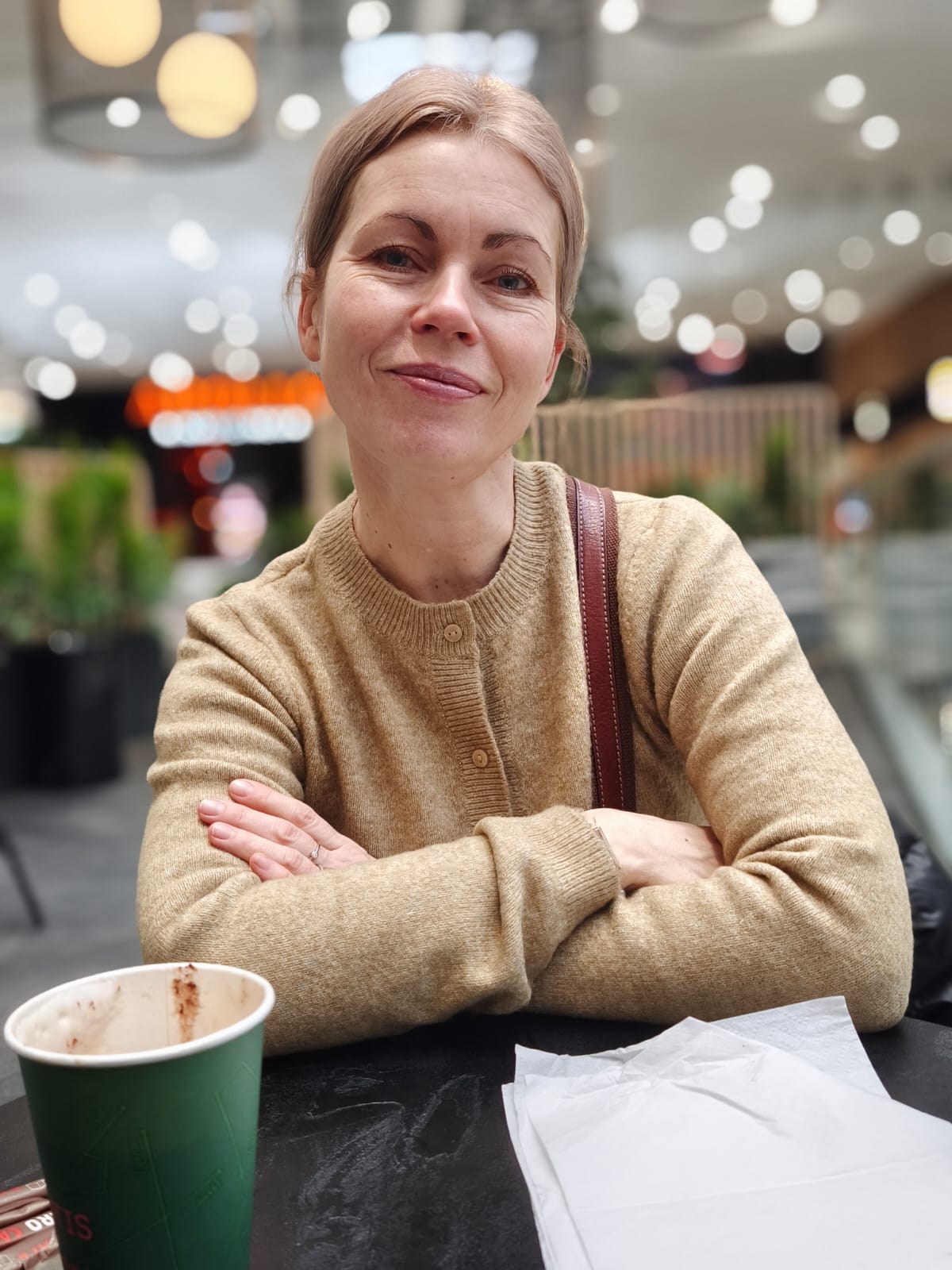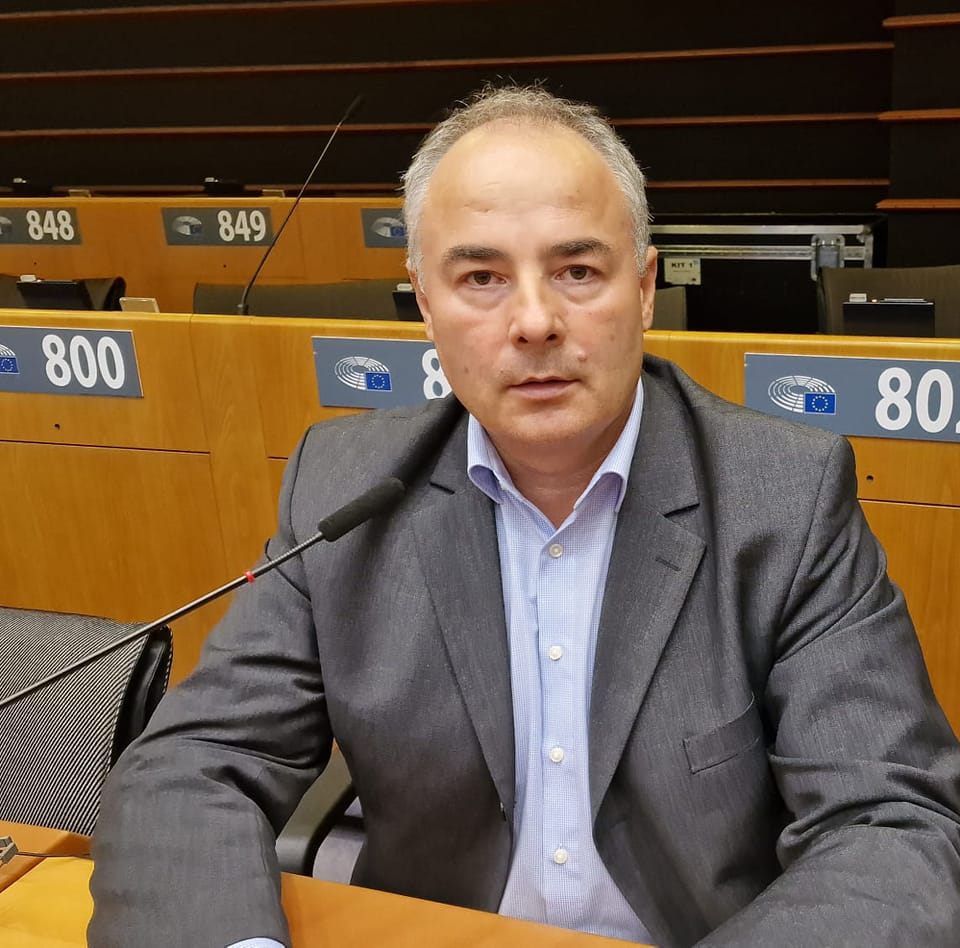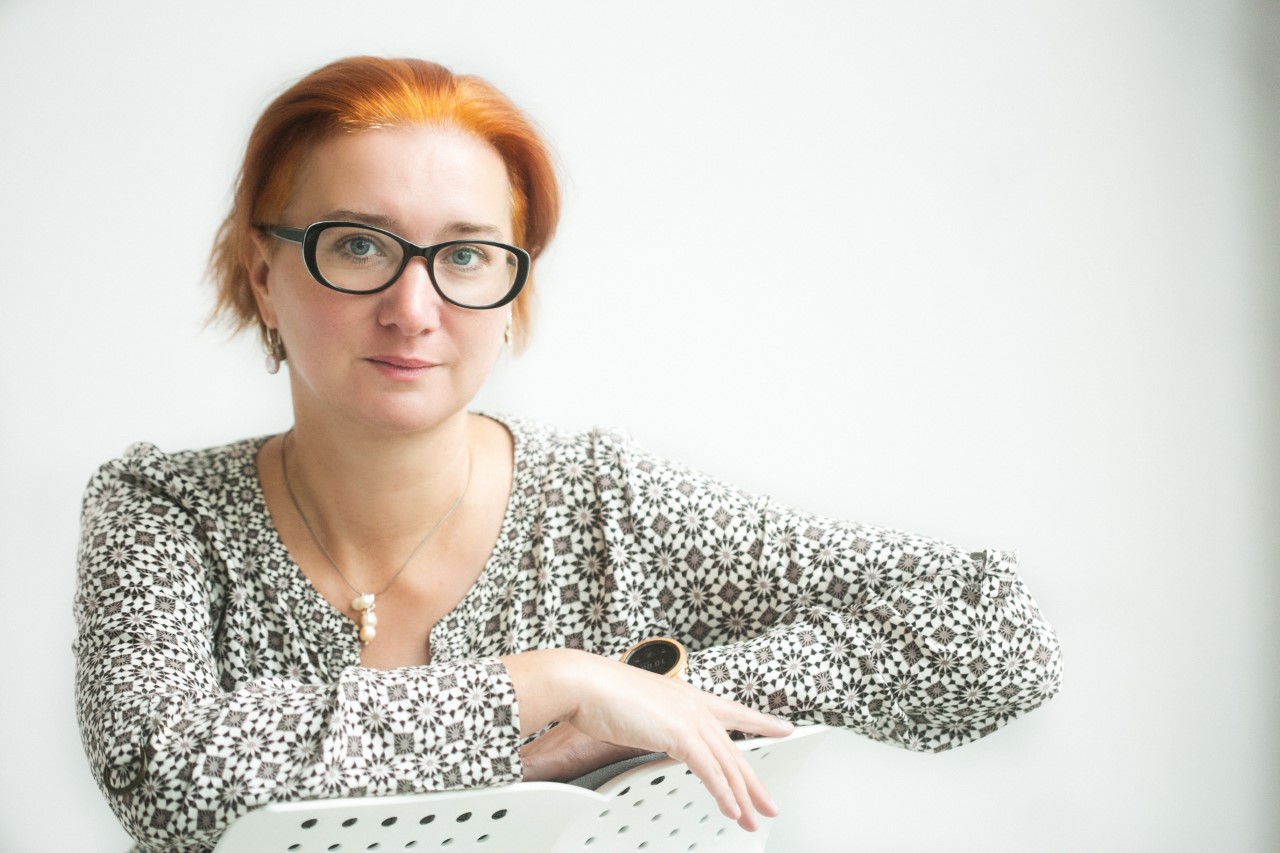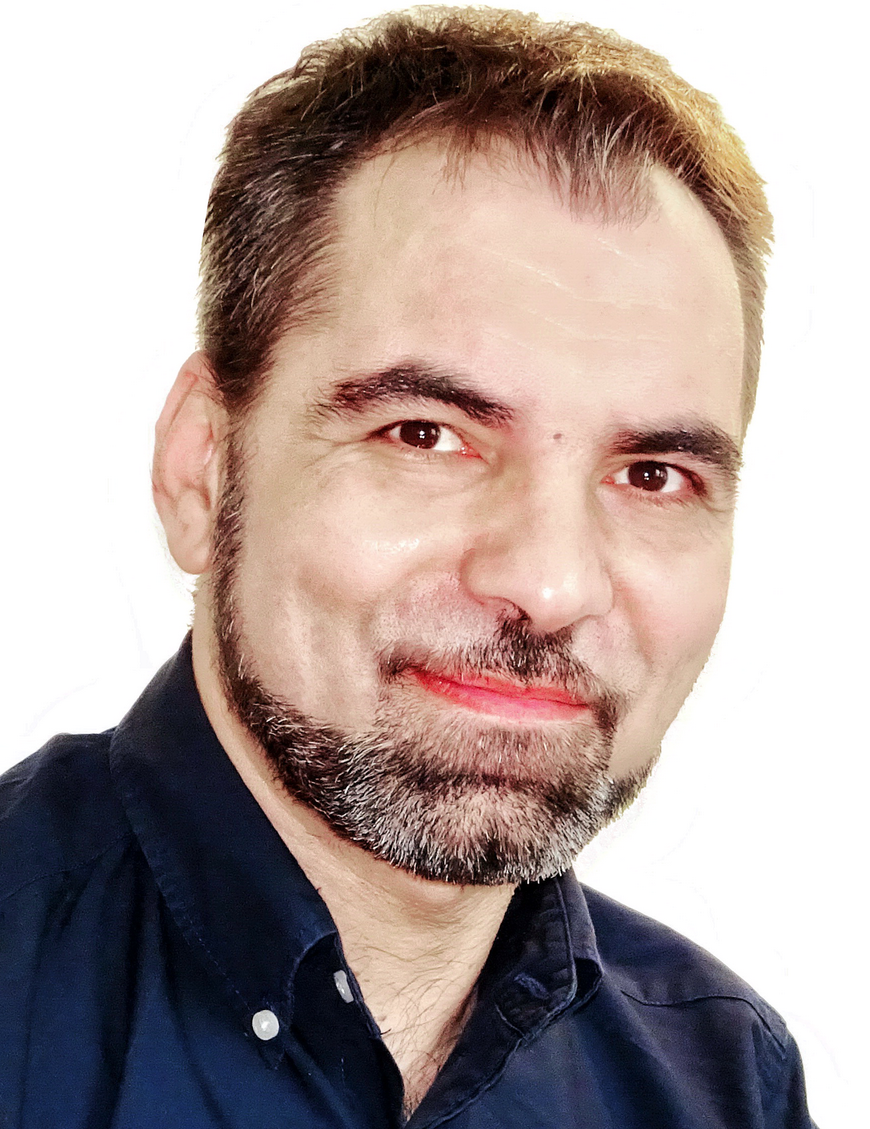Invited Speakers
 Elena Platon
Elena Platon
Elena Platon, Ph.D, is a Dr. habil. Professor (profesor doctor abilitat) within the Department of Romanian Language, Culture and Civilisation of the Faculty of Letters, Babeș-Bolyai University in Cluj-Napoca. Her areas of interest are Romanian as a foreign language (see Manual de limba română ca limbă străină. A1, A2, Cluj-Napoca, 2012) but also ethnology and anthropology, more precisely aspects regarding the mentality of archaic and traditional Romanian societies (Frăția de cruce, Cluj-Napoca, 2000, or Biserica mișcătoare, Cluj-Napoca, 2006). She also conducts research in the field of Romanian language acquisition as a foreign language, her best known publications being Descrierea minimală a limbii române (2014), Manual de limba română ca limbă străină. A1, A2; B2 (2012; 2022; co-author), but also a whole series of Romanian language textbooks and didactic films for children belonging to national minorities. Between 2010-2015, dr. Platon was the director of two European POSDRU projects, in which she monitored the training of over 4000 teachers of Romanian as a non-native language (RLNM) in pre-university education and coordinated the elaboration of twelve volumes of RLNM didactics. During the past three years, Elena Platon coordinated the volume Patrimoniu și imaginar lingvistic românesc (Polirom, 2020), part of the wider project Enciclopedia imaginariilor din România (Polirom, 2020), where she published a theoretical study on the linguistic imaginary and an encyclopedic study on the linguistic foundations of folklore. All linguistic imaginary related studies were published in the volume Metafora colibelor (Prea Universitară Clujeană), 2024). She is a member of the editorial team of the Dacoromania magazine.
Contact: elenaplaton99@yahoo.com.
 Julija Korostenskienė
Julija Korostenskienė
Dr. Julija Korostenskienė is a Professor at the Faculty of Philology and Head of the Media Linguistics Centre, Vilnius University. She earned her PhD in Linguistics from Purdue University (Indiana, USA) in 2004. In 2001, Dr. Korostenskienė completed School Pedagogy Study Program at the Faculty of Philosophy, Vilnius University, and obtained a Teacher Qualification (6th level in EQF, 6th level in ISCED).
Her graduate research proposed an analysis of humanism in education, conceptualized as humanism in the broad sense, through four educational paradigms: instrumental pragmatism, humanism in the narrow sense, social constructivism, care ethics, and postmodernism.
Dr. Korostenskienė’s research spans two primary areas. The first involves applying generative syntax methodologies to Baltic languages, with a focus on highlighting their unique morphosyntactic features. The second centers on media discourse analysis, incorporating cultural perspectives to explore communication dynamics. In addition to these two dimensions, Dr. Korostenskienė is interested in manifestations of humanism in the students’ and teachers’ perceptions.
 Daniel Dejica
Daniel Dejica
Daniel Dejica, PhD, habil., Professor in the Department of Communication and Foreign Languages and Dean of the Faculty of Communication Sciences, Politehnica University Timișoara. PhD supervisor, affiliated to the Doctoral School of Humanities, West University of Timișoara. Director of the Center for Advanced Translation Studies (PoliCAT) within Politehnica University Timișoara. His didactic and research interests include translation, discourse analysis, intercultural and interlinguistic communication. He was part of the Doctoral Studies Committee of the European Society for Translation Studies (2009-2018). He coordinates the Translation Studies book series within the Politehnica Publishing House, the Professional Communication and Translation Studies international conference, and is part of the editorial or scientific boards of numerous scientific journals. Together with Muguraș Constantinescu and Titela Vîlceanu, he coordinates A History of Translations in Romanian, a series of volumes published by the Publishing House of the Romanian Academy.
Personal website: https://sites.google.com/view/daniel-dejica/ ; E-mail: daniel.dejica@upt.ro
.jpg) Fiona Sampson
Fiona Sampson
Fiona Sampson MBE FRSL is Emeritus Professor of Poetry at the University of Roehampton and Senior Research Fellow, Harris Manchester College University of Oxford. She is a leading British poet, literary biographer and writer about place, whose work has been translated into 38 languages and received a number of national and international honours. Among her 24 books to date, her most recent poetry collection, Come Down (2021), received the European Lyric Atlas Prize, Naim Frashëri Laureateship, and Wales Poetry Book of the Year. As a Romanticist, she edited Faber’s ‘Poet to Poet’ edition of Percy Bysshe Shelley. Her critically acclaimed In Search of Mary Shelley: the girl who wrote Frankenstein, which appeared in 2018, was followed by Two-Way Mirror: the life of Elizabeth Barrett Browning (2022), a New York Times Editors’ Choice, Washington Post Book of the Year, and a finalist for the Plutarch Prize and PEN US International Biography Prize. Her current projects include Becoming George, a biography of George Sand (for Penguin and W.W. Norton 2026), and a study of Jean-Jacques Rousseau (for Princeton University Press 2028). Also a critic, broadcaster, librettist and former professional chamber musician, Fiona Sampson collaborates frequently with musicians and visual artists, and in translation. She recently co-authored Collaborative Poetry Translation (Routledge, 2024), serves internationally on literary juries and the boards of publishing houses and literary NGOs, has founded and directed an international poetry festival and was a Council member of the Royal Society of Literature. She is also a Trustee of the Royal Literary Fund.
 Kinga Anna Gajda
Kinga Anna Gajda
Professor Kinga Anna Gajda is a faculty member of the Institute of European Studies at Jagiellonian University Poland, specializing in research on memory, cultural heritage, and intercultural competencies. Her work focuses on the impact of post-colonial heritage, including Soviet legacies, and the role of museums and other cultural institutions in memory processes, particularly in the social and political contexts of Eastern European countries after the Cold War. Professor Gajda has conducted research at several prestigious universities across Europe, including in Sweden, Austria, Germany, Romania, Bulgaria, and Slovakia, and has collaborated with international scientific institutions. She is the author of numerous books and articles that have gained recognition both domestically and abroad. She is also a member of various scientific and editorial boards in interdisciplinary journals, and her works are frequently cited in studies on history, memory, and identity in the post-communist context. In her academic and teaching activities, Professor Gajda leads and coordinates research projects aimed at understanding the role of cultural heritage in social transformation processes, especially in Central and Eastern European countries. Her work also addresses European integration, intercultural competencies, and the social responsibility of cultural institutions. She has received several awards for her scientific achievements, including recognition from the Rector of Jagiellonian University and the Dean of the Faculty of Political Science and International Relations. In her work, she seeks to combine scientific research with practical actions aimed at deepening understanding of the complex social and cultural processes occurring in Central and Eastern Europe.
 Adrian CIUPE
Adrian CIUPE
He is a member of the Department of Modern Languages and Business Communication, part of the Faculty of Economics and Business Administration at Babeș-Bolyai University in Cluj-Napoca, Romania. Over the years, he has taught an extensive and diverse array of language courses, including both business and general English, as well as business communication and advanced writing and speaking skills. These courses have been delivered at both undergraduate and postgraduate levels and in a range of instructional systems and formats. In addition, he has successfully prepared students for internationally recognised exams, such as the TOEFL test and the full suite of Cambridge English Exams. His primary areas of academic and professional interest span a wide spectrum within the field of English language teaching. These include English for Specific Purposes (ESP), general English Language Teaching (ELT), course and syllabus design, online English instruction and the use of computer-assisted language learning (CALL) tools. He is particularly interested in the Lexical Approach, as well as in the study of lexicology and lexicography. His expertise further extends to language proficiency testing, working with corpora and concordancers and the integration of language learning applications on platforms such as Android, iOS and Windows. In recent years, he has developed a growing and active interest in the use of artificial intelligence in language teaching and research. His current focus lies in exploring AI-driven methodologies, with particular emphasis on prompt engineering and its practical applications in educational contexts—both within the classroom and in self-directed learning environments.